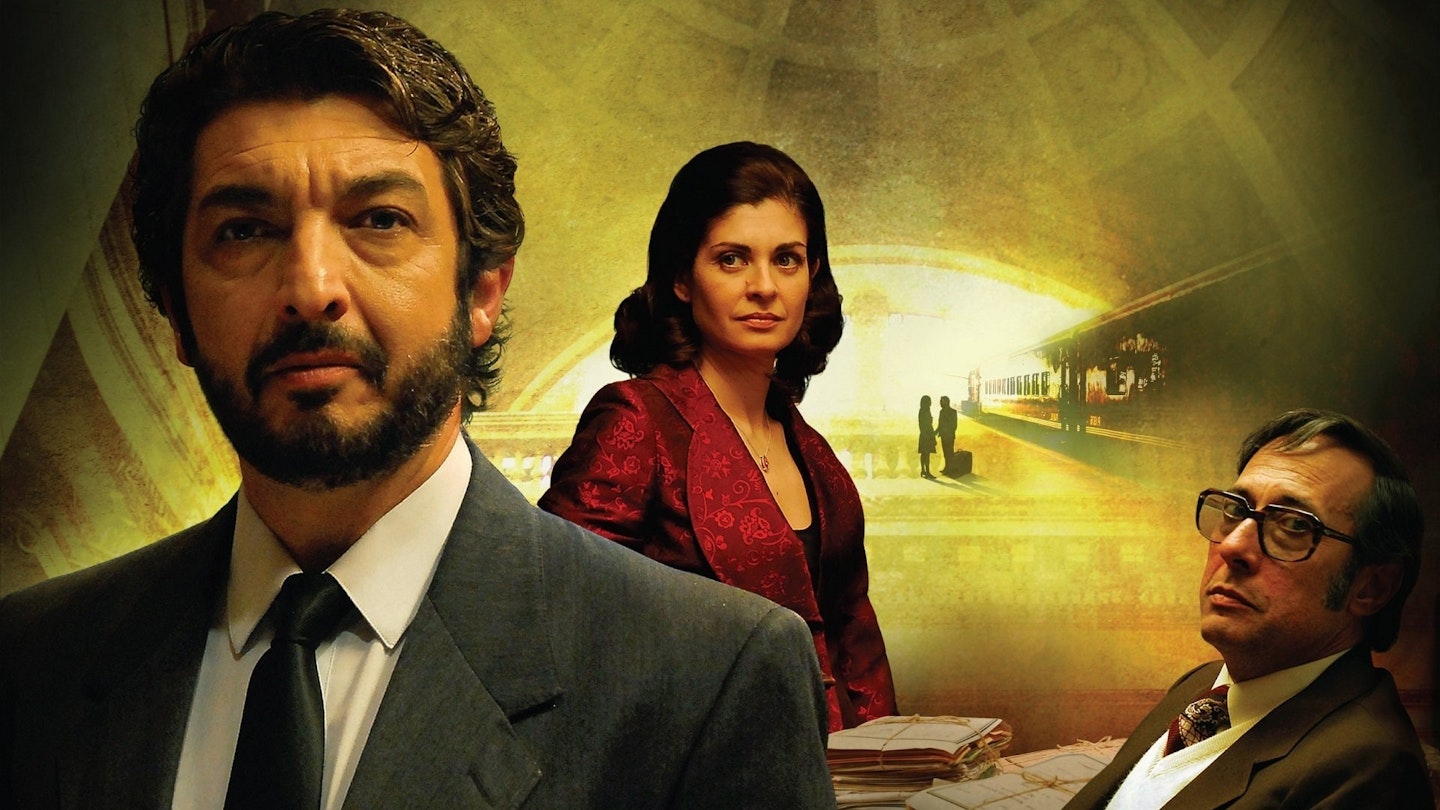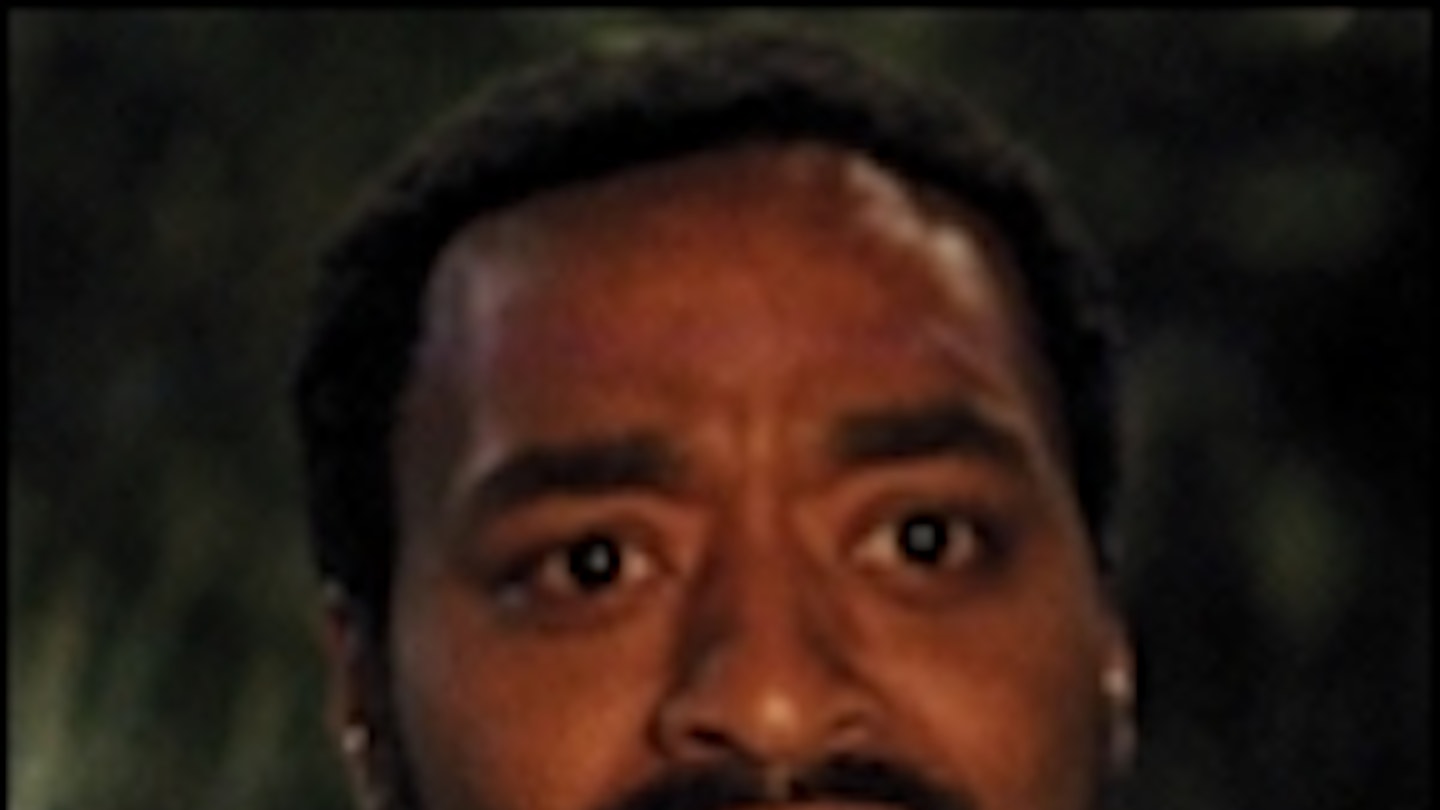The Oscar for Best Foreign Language film is often controversial as heavy-hitters are shoved aside for odd, often political choices and heads get scratched all round. Last year, Germany’s The White Ribbon and France’s A Prophet seemed to be neck-and-neck for the top spot, but an unheralded Argentine thriller crept in and walked off with the statuette. Now, we get to see it, and cynicism about the voters of Beverly Hills evaporates because this is as enthralling a piece of cinema as the competition with the added bonus of having a heart. The Secret In Their Eyes feels like a world-class episode of Law & Order, set in a fascist state where bringing a culprit to justice isn’t easy and the government’s notions of right and wrong override petty concerns like who got raped and beaten to death.
It’s a profoundly human story, with a superb lead performace from Ricardo Darìn (the older con-man in Nine Queens) as a dogged yet hangdog investigating lawyer with a lifelong crush on his upper-class boss.
Written and directed by Juan José Campanella, from a novel by Eduardo Sacheri, this is a long, confident film. Its first act sets up a horrible crime, and shows how the hero’s sense of obligation to the victim’s husband (Pablo Rago) — as much for his ability to remain selflessly in love with the idealised dead woman as for any sense of duty — gets him in trouble when he refuses to prosecute two low-class workmen who have been battered into a confession.
A likely culprit is identified, loitering in the dead woman’s family photos, and the trail goes cold until a drunken colleague makes the vital deduction that a killer can change his name more easily than the football team he supports. This sets up a breathtaking, apparent single-take shot which outdoes Brian De Palma: a stadium is seen from above on match night, and the camera moves into the stands, among the throngs, throughout the concrete bowels and out onto the pitch — with the game still playing — as cops close in on the suspect.
The film seems to wrap up its story in mid-point, but there are stunning reversals, one of the scariest (but most understated) lift scenes ever shot, a telling ambiguity, more tragedies and two astonishing endings left...






